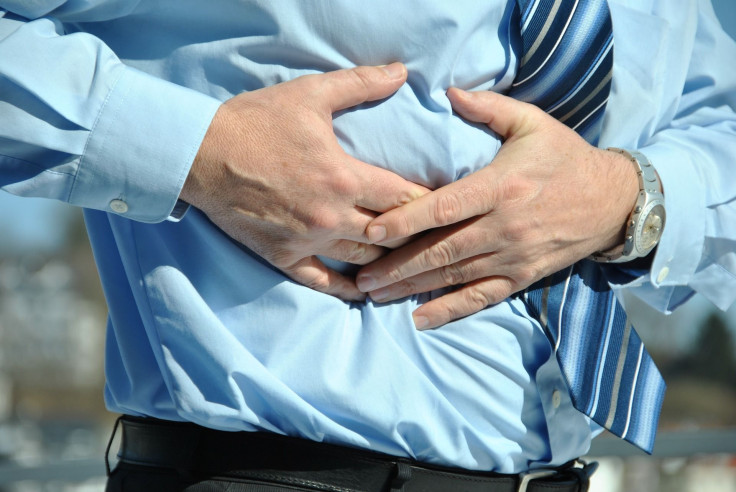Stomach Ulcer Symptoms: 6 Red Flags To Keep An Eye Out For
Stomach or peptic ulcer is a condition in which an open sore, known as duodenum, develops in the lining of the stomach or the first part of the small intestine.
The stomach has an in-built mechanism to protect itself from ulcers. Its lining produces mucus to protect against stomach acidic juices and digestive enzymes.
However, stomach ulcers can still develop due to various factors, including prolonged use of NSAIDs (such as ibuprofen or aspirin) or infection with the bacterium H. pylori.
The available treatments for stomach ulcers involve medications that effectively eliminate H. pylori bacteria, reduce acid production, promote the healing process, and alleviate associated symptoms. However, treating the symptoms before the condition worsens is indeed important.
Here are six warning signs that should be closely monitored for early diagnosis:
- Pain in the upper abdomen Peptic ulcers occur when the protective lining of the stomach or duodenum erodes, exposing sensitive tissues to acidic digestive juices. This exposure leads to inflammation, irritation, and a burning or gnawing pain in the upper abdomen, according to National Institute of Diabetes and Digestive and Kidney Diseases.
- Frequent episodes of nauseaNausea can occur with ulcers due to irritation of the stomach lining, increased stomach acid, disruption of the digestive process, and nerve stimulation, according to Hopkins Medicine. One potential approach to manage recurring waves of nausea is through the use of home remedies, which offer effective solutions.
- Heartburn after most meals Heartburn can occur after an ulcer because of an increased stomach acid production and disruption of the protective barrier in the stomach lining, making it difficult to distinguish between the two due to their similar burning sensations. At times, the pain call be so intense that it may feel like "non-cardiac chest pain," according to the American College of Gastroenterology.
- Frequent bloating Stomach ulcers can cause bloating due to the inflammation and irritation they create in the stomach, leading to a buildup of gas and discomfort. One can win some relief from this problem by avoiding triggers like spicy foods and practicing stress management techniques, Ulcertalk.
- You bleed when using the toilet Dr. Neil Sengupta, MD, a gastroenterology specialist at the University of Chicago, explained to Reader's Digest that when blood is detected in the gastrointestinal tract along with upper abdominal pain, it is sometimes indicative of an ulcer.




























